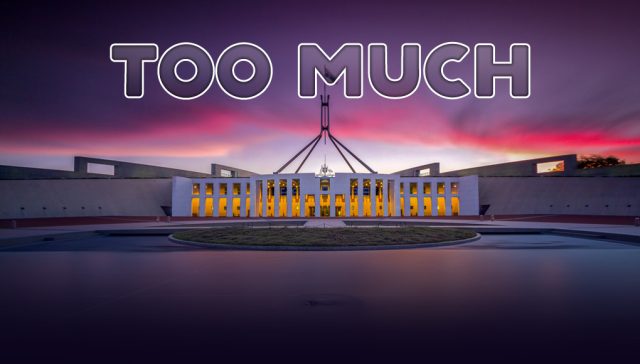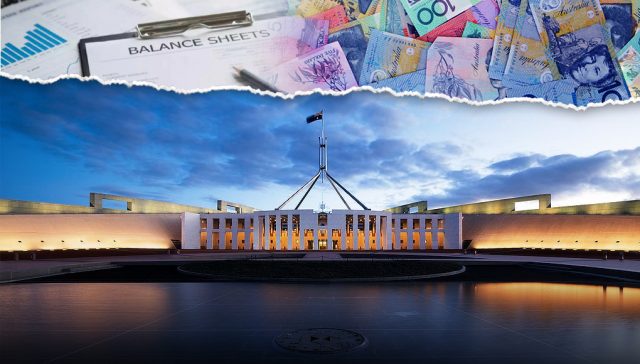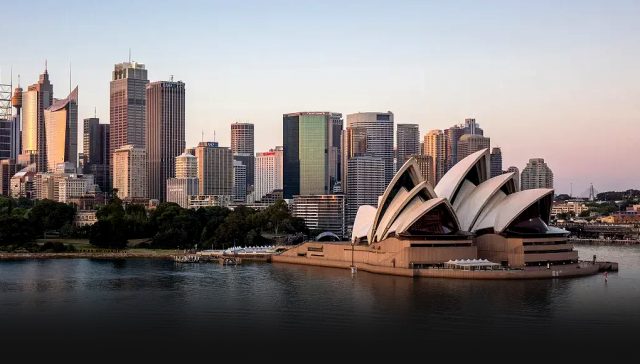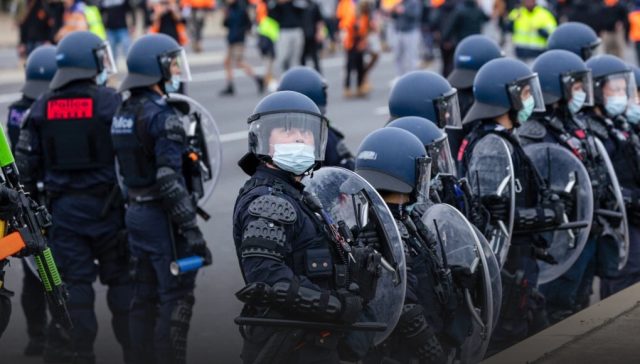Australia
Too Much Government
Expectations of the role of the government have been rising steadily over the last decade. They rose substantially during the eastern states’ bushfires in late 2019 and early 2020, and again in response to the floods that followed in NSW and Queensland. And they reached stratospheric levels during the Covid panic. Judged by the number of lives lost, those bushfires...
The Global Online Safety Regulators Network: A Global Surveillance State?
The journalist Michael Schellenberger recently discovered that there is a formal government censorship network called the “Global Online Safety Regulators Network” (GORSN). Australia’s top Internet censor, Julie Inman Grant, an American, described it at the World Economic Forum. The group includes censors from Australia, France, Ireland, South Africa, Korea, the UK, and Fiji. This is a concerning development for anyone...
The Federal Government Should Deliver a Decade of Surpluses
A government’s balance sheet indicates whether it is engaging in intergenerational redistribution. If the government has negative net assets it is leaving future generations with more obligations than benefits. A government with positive net assets is leaving future generations with more benefits than obligations. Governments have no advantages over individuals in making decisions about what to leave to future generations,...
The Tax Power
The Commissioner of Taxation has too much power. Libertarians consider tax to be either theft or, at best, should be low and flat to cover bare necessities. It certainly shouldn’t be as complex as it is or run to thousands of pages. Most mainstream tax reform proponents have grandiose visions that would only add complexity and likely raise the overall tax...
Broken Systems and the Deteriorating Psyche of Our Nation.
Australia is on life support – politicians “and” the people are both to blame. Few people could deny that Australia is not well. The cost of living is unacceptably high. Home ownership is a long-lost dream. Our mental health is deteriorating rapidly. We are at war with one another over almost every issue. Polite debate has disappeared from our public discourse,...
Vic’s Very Naughty Boys in Blue
Reproduced with permission from The BFD https://thebfd.co.nz/2024/05/02/vics-very-naughty-boys-in-blue Why would anyone trust police in Victoria any more? Politicised, corrupt and hypocritical, VicPol’s reputation has been battered on all fronts over the past few years. It wasn’t just the naked brutality of the Covid era, when Victoria Police rolled out assault vehicles and locked down the skies, smashed old ladies into the roads, and...
Raw Deal
A local rag (The Geelong Advertiser) reported* last month that some sort of strange secretive trade was taking place in the quiet backstreets of affluent Highton. The article heavily implied that this was an illegal distribution of ‘raw’ (unpasteurized) milk - a product that is banned for human consumption in Australia and banned entirely for sale in Victoria. I found...
















